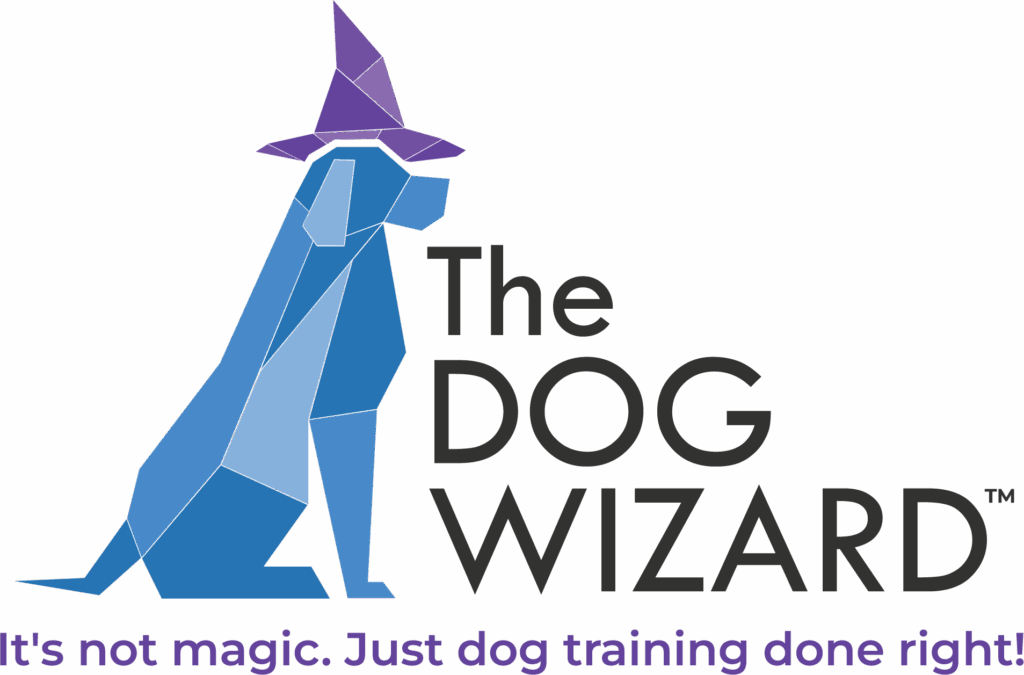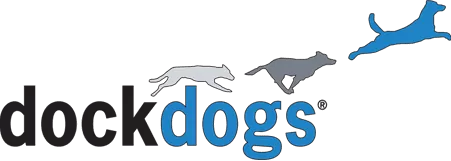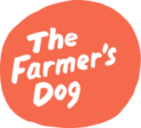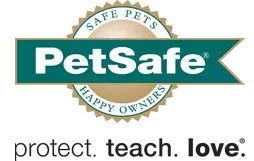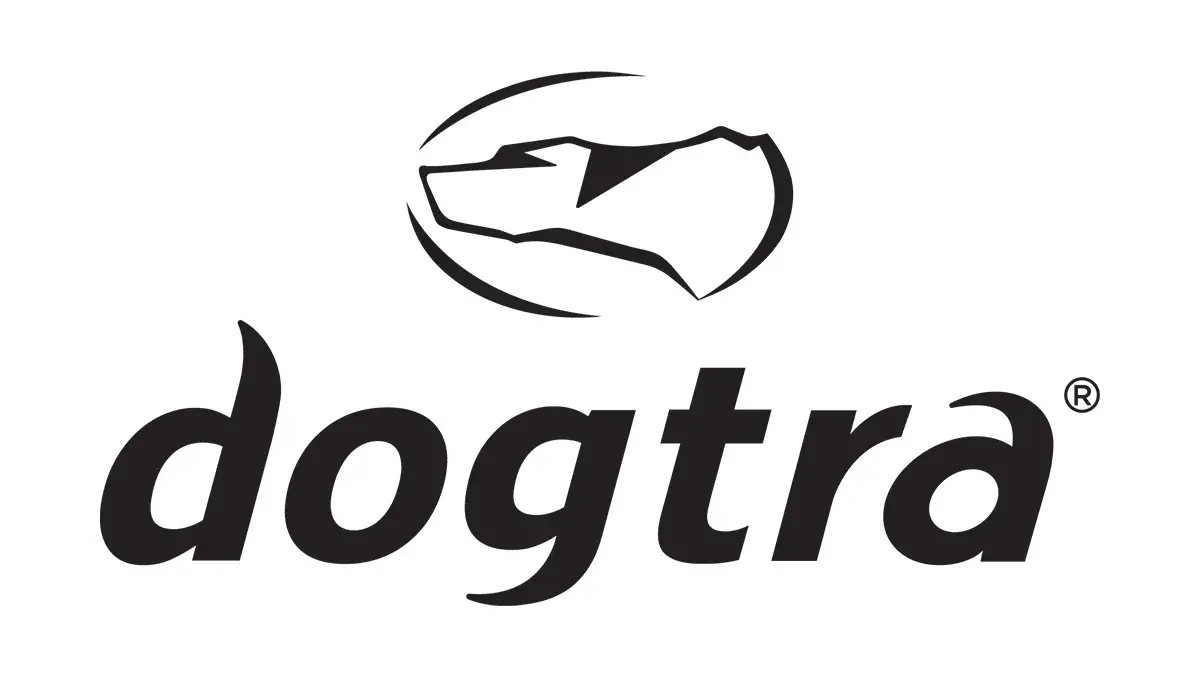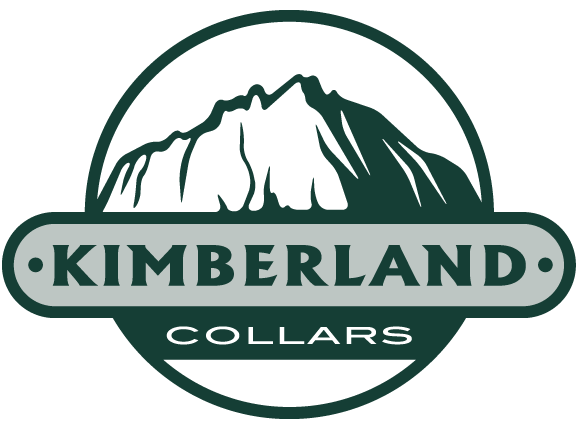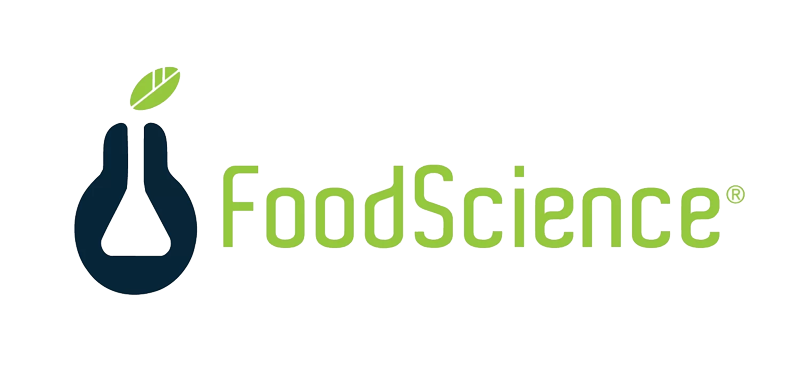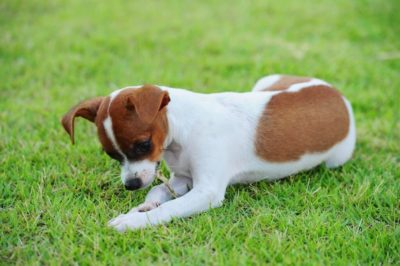
If you’ve ever let your dog out to run around in the yard, only to immediately put it back on the leash because it’s started chewing your lawn, you’re not alone. According to a survey conducted by the Applied Animal Behavior Science Journal, nearly 80% of participating pet owners reported witnessing their dogs consume grass. So, why exactly does your dog eat grass? And when does this annoying habit become a cause for concern?
Diet Deficiency
Believe it or not, there’s a medical reason for eating grass. Known as pica, it involves consuming substances with little or no nutritional value in response to a diet deficiency. Dogs that lack nutrients, vitamins and minerals may rely on the grass to get more fiber, which in turn assists with bodily functions. However, considering that most domesticated dogs have regular, well-balanced diets, pica is a fairly uncommon reason for eating grass. It’s more frequently seen in wild canines that don’t have owners looking out for them and regulating their diets.
Upset Stomach
Another reason dogs sometimes eat grass is to relieve upset stomachs. If your dog is struggling with digestion issues, chowing down on your lawn may be its attempt to solve it. However, considering that less than 25% of dogs actually vomit after eating grass, this is another unlikely cause. If your dog exhibits no signs of illness prior to eating the grass, then it’s probably not trying to relieve its stomach.
Anxiety Relief
When dogs get anxious, they may resort to chewing things around them for relief. If you’re leaving your dog by itself in the yard, eating grass might be a way to cope with the loneliness. Similarly, it could help deal with boredom. If you suspect that your dog is eating grass as a form of anxiety reduction, you should avoid leaving it outside alone. You should also make sure it has toys to entertain itself with.
Attention-Seeking
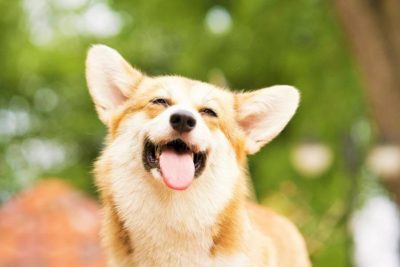 Sometimes, dogs act out and misbehave to get your attention. If a dog feels neglected, it may do something it knows will bother you (like eating grass). It could also be its way of letting you know it wants to play. Of course, if you think your dog is perfectly content with your relationship, it’s unlikely that attention-seeking is the source of the behavior.
Sometimes, dogs act out and misbehave to get your attention. If a dog feels neglected, it may do something it knows will bother you (like eating grass). It could also be its way of letting you know it wants to play. Of course, if you think your dog is perfectly content with your relationship, it’s unlikely that attention-seeking is the source of the behavior.
Natural Instincts
Just like people, dogs are influenced by genetics. Veterinarians hypothesize that eating grass may just be a natural instinct — it’s reported that nearly 75% of wolves consume some sort of plant material. In other words, your dog may just feel a natural compulsion to eat the vegetation around it.
It Tastes Good
What’s arguably the most common reason for eating grass is also the simplest: They like it. Many dogs consume grass because they enjoy the texture and taste. Most dog owners are used to their pets eating strange substances, so seeing your dog chew on grass might not seem too concerning. However, in some cases, grass-eating can lead to health problems.
Is Eating Grass Harmful?
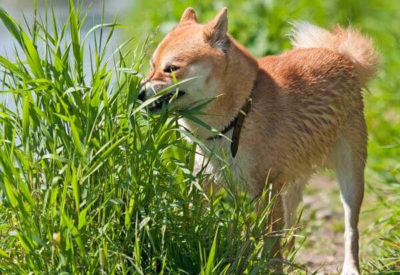 Considering that grass is a natural resource, animals have been consuming it for ages. Most veterinarians conclude that grass by itself is not harmful to eat, provided the grass is trimmed properly and doesn’t have sharp edges. However, there are several substances commonly found in grass that are dangerous to consume, such as pesticides, herbicides, and fecal matter. Animal droppings often contain intestinal parasites like hookworms or roundworms that negatively impact your dog’s ability to retain nutrients. Many lawns also feature foxtails, which are small seeds produced by weeds that can get lodged in abdominal systems or organs.
Considering that grass is a natural resource, animals have been consuming it for ages. Most veterinarians conclude that grass by itself is not harmful to eat, provided the grass is trimmed properly and doesn’t have sharp edges. However, there are several substances commonly found in grass that are dangerous to consume, such as pesticides, herbicides, and fecal matter. Animal droppings often contain intestinal parasites like hookworms or roundworms that negatively impact your dog’s ability to retain nutrients. Many lawns also feature foxtails, which are small seeds produced by weeds that can get lodged in abdominal systems or organs.
If your dog has eaten something dangerous, it will probably exhibit certain symptoms. You should lookout for the following signs:
- Vomiting
- Fatigue
- Diarrhea
- Weight loss
- Dehydration
- Bloody stools
If you notice any of these behaviors, or if your dog is eating grass at an excessive rate, you should contact your veterinarian.
Stopping My Dog From Eating Grass
While eating grass can be harmless, it’s always better to be safe than sorry. Even if you don’t use herbicides or pesticides on your lawn, you never know what animal droppings may be around. You also don’t want your dog to start nibbling grass when you visit the park or go on walks. But how do you convince your dog to stop eating what it views as a tasty treat?
One way to discourage your dog from eating grass is through positive reinforcement. Every time your dog starts to chew, distract it by directing its attention away from the grass or verbally correcting the behavior. If it complies, offer it one of its favorite treats — something it’d rather eat than grass — as a reward. If your dog doesn’t respond enthusiastically to treats, try substituting something it does appreciate, such as petting or affection.
Convincing your dog to ignore its own natural instincts in favor of your commands is no easy feat. If you discover these methods aren’t working for you, you may need to turn to the help of professionals.
The Dog Wizard Dog Training Near You
The Dog Wizard is a dog training franchise that relies on collaboration, patience, and personalization to achieve behavior modification. Our team of certified dog trainers works closely with dogs and dog owners to optimize good behavior and eliminate any poor habits, such as grass chewing. After meeting your dog, we’ll evaluate its learning capabilities and sensitivity levels to craft a unique training plan that accommodates its needs. We recognize that every dog is different, and we do our best to create an environment that makes your dog feel safe, comfortable, and happy to learn. We can amend several behaviors along with grass-eating, such as:
- Barking
- Nipping
- Jumping
- Leash reactivity
- Hyperactivity
The key to our training is forging a sense of trust between you and your dog. Ultimately, the goal is to persuade your pet to listen to your voice above all else. To learn more about how our passionate, professional trainers can help you, contact us today!
